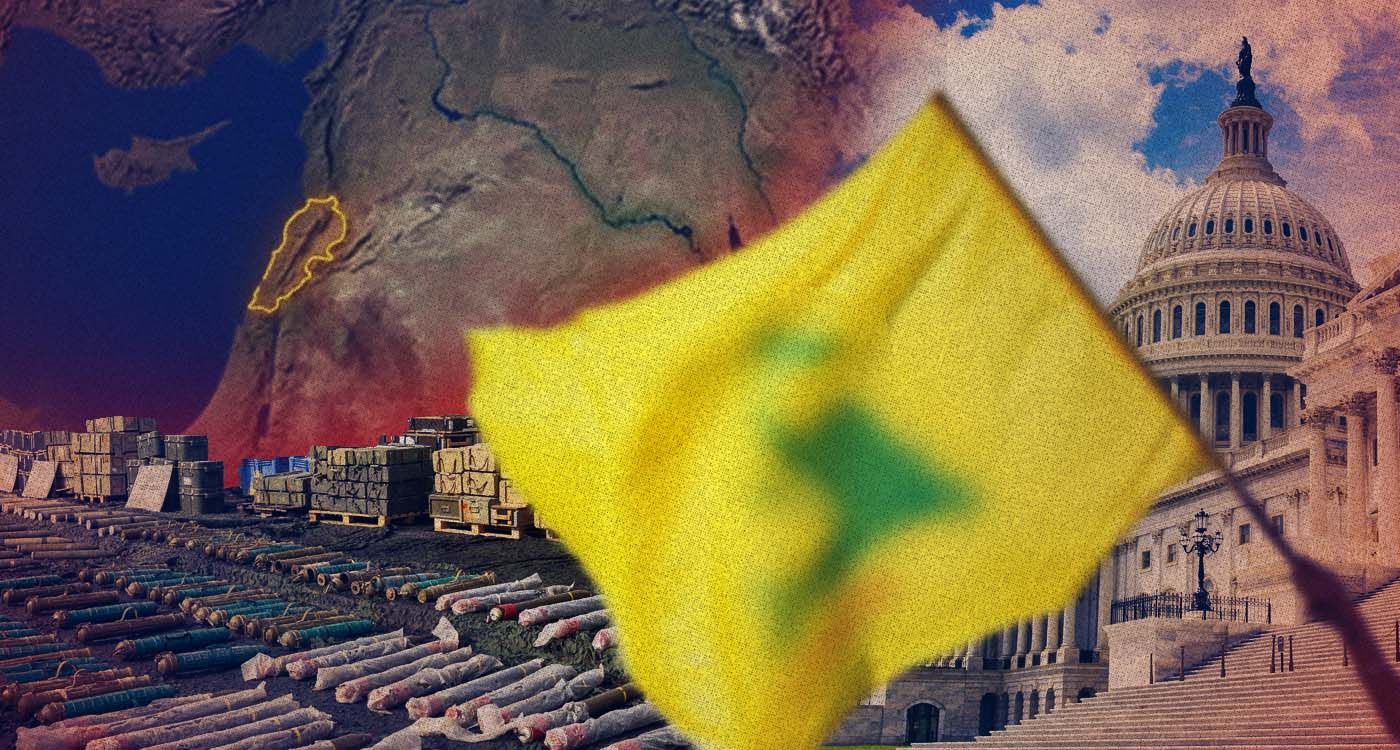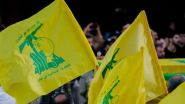
US Envoy to Syria and Ambassador to Turkey Tom Barrack has reversed three decades of US policy by no longer labeling Hezbollah a terrorist organization. The shift de-internationalizes the issue of the Iranian proxy militia, whose disarmament is mandated by UN Security Council resolutions and the November ceasefire agreement between Lebanon and Israel.
"Hezbollah is a political party and it also has a militant aspect to it. Hezbollah needs to see that there is a future for them, that that road is not harnessed just solely against them,” Barrack said at a press conference on Monday at the Lebanese presidential palace in Baabda.
Barrack has, perhaps inadvertently, made Hezbollah a domestic issue whose disarmament would be debated as part of a “national defense strategy,” just like Hezbollah wanted.
Unlike some European nations that distinguish between Hezbollah’s political and military wings, the US has consistently viewed the group as a unified terrorist entity responsible for the deaths of hundreds of Americans.
For attacks on the US Embassy in Beirut, the Marines barracks, and US troops in Iraq, the US has long considered Hezbollah a sworn enemy. Washington offered no leniency short of the militia’s disbandment, with sanctions to remain unless Hezbollah renounces its past and reverses course—a prospect its ongoing “we will not surrender our arms” campaign renders unlikely.
Even during the summer of love between America and Iran, when Secretary of State John Kerry established a personal friendship with his Iranian counterpart, Jawad Zarif, Hezbollah remained too toxic in Washington. A month after announcing the terms of a nuclear deal, President Obama signed the Hezbollah International Financing Prevention Act into law. Congress had passed it in December 2015 by a sweeping vote of 422 to zero.
Lebanon’s inability to curb Hezbollah’s actions led to wars with Israel in 2006 and 2023. In 2006, UN Security Council Resolution 1701 ended hostilities on the condition that Hezbollah disarm and the Lebanon-Israel border be demarcated. Lebanon promised to assert sovereignty but failed to act.
In 2023, history repeated itself: Beirut secured a ceasefire but reneged on commitments to disarm Hezbollah per a clear timetable. Instead, Lebanese leaders sought time for a “national dialogue” on a “defense strategy”—an open-ended process without deadlines. Meanwhile, Israeli reports indicate Hezbollah is rebuilding its elite forces and redeploying south of the Litani River.
Lebanon’s do-nothing policy is also a problem. Instead of presenting Hezbollah with a roadmap and a timetable for its disarmament, Beirut has dragged its feet and threatened the world with self-harm if it is ever forced to disarm the militia.
Lebanon now argues that disbanding Hezbollah will ignite a civil war, and the world must therefore “understand” Beirut sitting idly by, doing nothing. As always, Beirut expects the world to cater to its weakness, instead of fixing its problem and restoring its own sovereignty.
Despite all the flashing red lights, Barrack appeared calm. He told Lebanon that it must either sign a peace agreement with Israel—like Syria and Saudi Arabia are expected to do—or sit out and be forgotten. The problem is, with Hezbollah bent on rearming, forgetting Lebanon is not an option. Israel will be forced to continue policing its northern neighbor to preempt the pro-Iran militia from reconstituting. War will continue.
Creative foreign policy has merits, but abandoning long-standing positions without thorough consultation risks grave errors. Hezbollah is watching. A softened US stance signals fatigue and a willingness to compromise in Lebanon at any cost. The militia now believes it can outlast both America and Israel, resuming rearmament sooner or later. Unless Washington reaffirms its firm commitment to Hezbollah’s disarmament, Israel’s military successes against the group will yield little lasting impact.




Comments